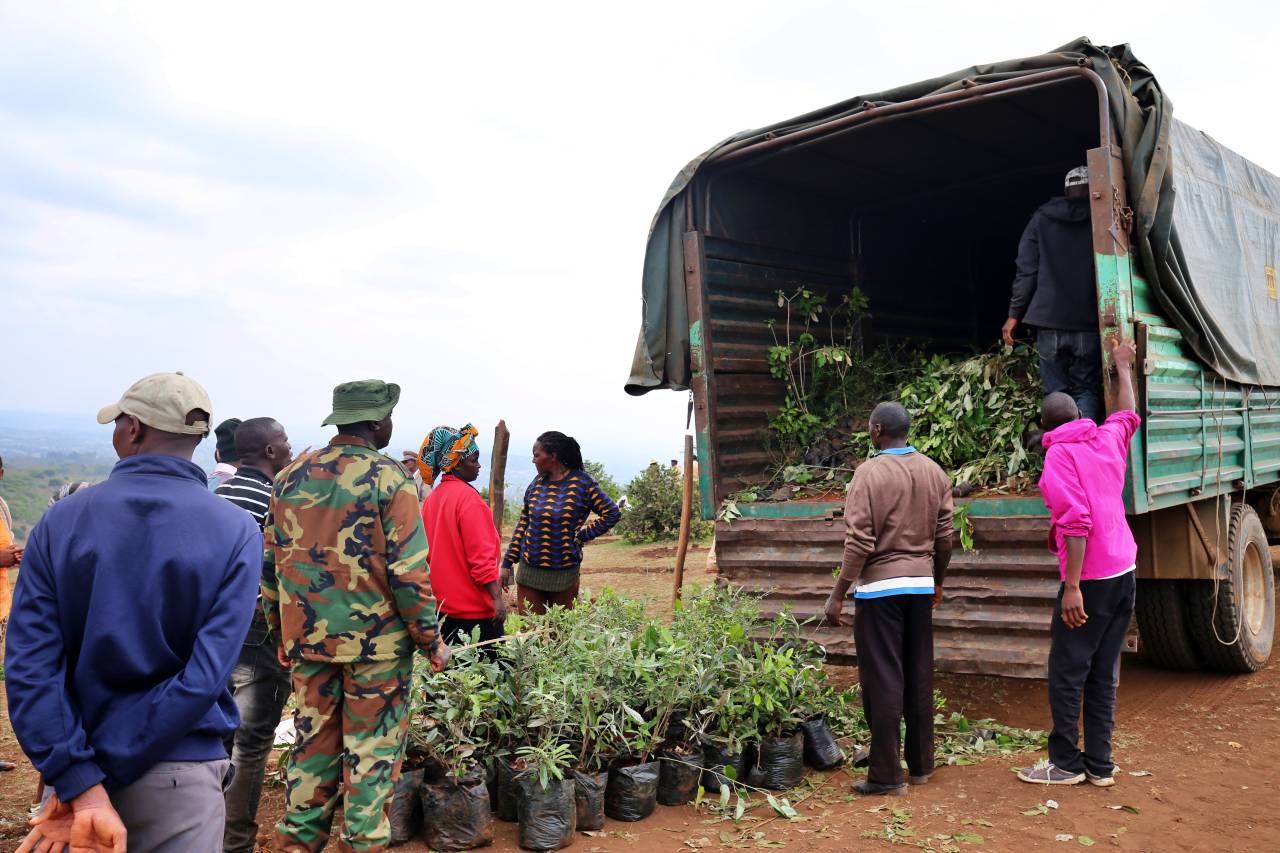
We can profit by putting half of available land under forest
Next year can be historic for Kenya, not necessarily because of the General Election, but because of our forests. The government has set a target of raising the forest cover to 10 per cent by 2022.
The efforts are ably led by Environment and Forestry Principal Secretary Dr Chris Kiptoo and his National Treasury counterpart Dr Julius Muia. As they captain the two billion tree planting campaign, all 50 million Kenyans must take their place in this epic endeavour of covering more of our country with big, green forests.
The march to 10 per cent by 2022 can be further accelerated by the agency teaming up with relevant government and private sector agencies to produce the required quarterly status reports on Kenya’s water towers.
In any given quarter, we should know the actual progress we are making on forest cover and much more. We should borrow a leaf from the quarterly reports of corporates which clearly show the profits or losses in any given quarter, as compared to the previous one.
Imagine if we did this to showcase our forest cover gains or loses every quarter. This would capture the imagination of Kenyans and inspire them to plant and grow more trees. While on a recent trip to the US, I was pleasantly surprised to learn about the forest cover of each state. West Virginia and New Hampshire for instance, have a forest cover of 77 per cent each. In Maine, forests cover 89 per cent of the land. These are staggering figures.
A further insight is that in Maine a stunning 94 per cent of forests are privately owned. This means people, and not the government are the primary guardians and custodians of those forests. Because most of the forests belong to the people themselves, they protect and nurture them since common sense dictates that you cannot harm what is yours. But the Maine government plays a critical role in facilitating and incentivising this widespread forest flourish.
In 1972, the Maine Legislature enacted the Tree Growth Tax Law. This law enabled generous tax incentives for forestlands. Consequently, people themselves have voluntarily grown and nurtured forests over decades. This is exactly what we need in Kenya.
We need significant tax incentives to cover not just the forest land, but also the products ensuing from the forest. This will give Kenyans tremendous motivation to grow forests as opposed to merely planting trees. Indeed, owning a forest should become as commonplace as owning a car.
Today, I challenge Kenyan landowners to ask themselves this question – what is the percentage of forest cover on my land? Whatever your answer, go ahead and plant trees on at least half of your land. Within a few years, you will become a profitable forest owner, not just a landowner.
Even as we take decisive steps towards growing forests all over Kenya, we must also equip the next generation with a forest mindset. A forest mindset entails a mind that is wedded to the idea of forest expansion and replenishment as a means of realising sustainable livelihoods.
We can achieve such a mindset by embracing environmental education, data-based development, radical efficient power supply, accountability and regulated protection if we think and act green!
